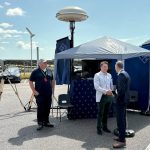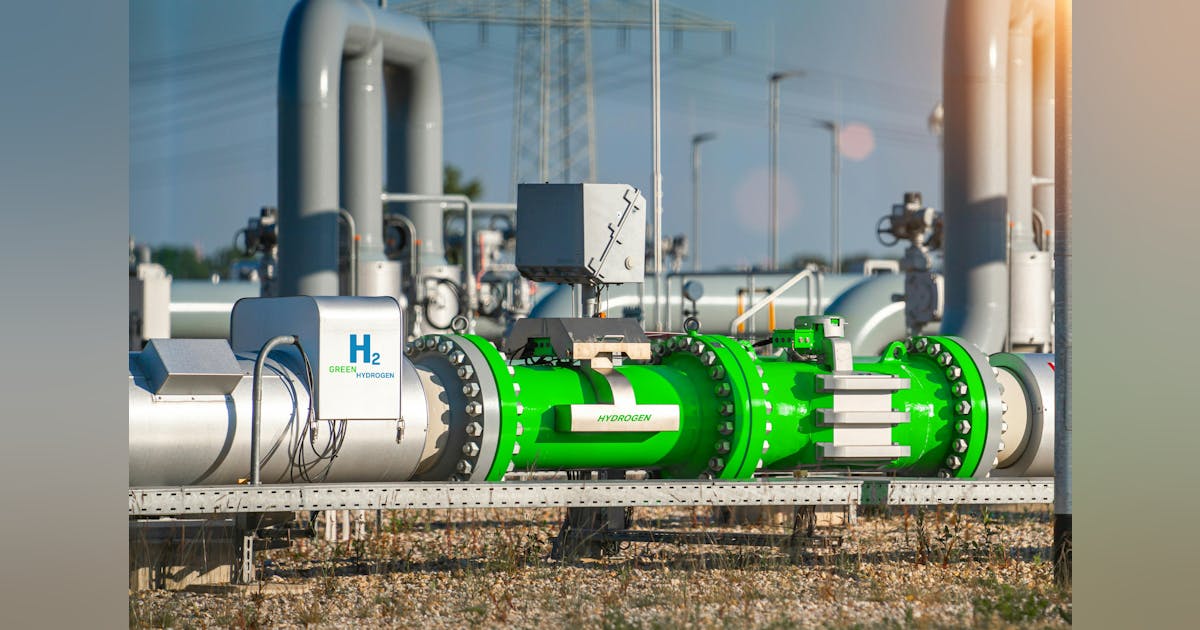Airbus and MTU Aero Engines: Pioneering Hydrogen Fuel Cell Propulsion for Aviation
In a significant step towards sustainable and emission-free aviation, Airbus and MTU Aero Engines have declared a pivotal agreement to collaborate on developing hydrogen fuel cell propulsion systems for the next generation of commercial aircraft. This partnership, confirmed at the renowned 55th Paris Air Show of June 2025, unites two aerospace leaders. Both companies aim to revolutionize aviation.
The Vision: Zero-Emission Flight for a New Era
Airbus and MTU Aero Engines are not new to addressing air travel’s decarbonization. Airbus has led initiatives like ZEROe, striving to create the world’s first zero-emission commercial aircraft. MTU Aero Engines contributes its extensive knowledge in propulsion, known for the innovative Flying Fuel Cell concept.
This partnership is not just about building new engines; it’s about transforming aviation foundations to face climate challenges and uphold global net-zero goals. The objective? Electric propulsion using hydrogen fuel cells, which produce water vapor instead of carbon emissions.
How Hydrogen Fuel Cell Propulsion Works
Hydrogen fuel cells transform stored liquid hydrogen into electricity through a reaction with atmospheric oxygen, propelling electric motors on aircraft. The only emission is water, presenting a highly efficient, virtually emission-free aviation solution.
The Three-Step Roadmap to Hydrogen-Powered Flight
The Airbus-MTU collaboration outlines a three-phase strategy to address hydrogen propulsion’s technological and integrational challenges:
- Maturing Core Technologies
Joint efforts will explore essential components such as the fuel cell, hydrogen storage, and integration into aircraft. European initiatives like Clean Aviation will support this phase. - Aligning R&D Roadmaps
Airbus and MTU will synchronize research and technological strategies to lead in innovation and avoid duplicating efforts, crucial for scaling prototypes to commercial viability. - Full-Scale Product Development
With successful prototype outcomes, the plan is to develop and certify a commercial hydrogen fuel cell engine, initiating a new era of zero-emission flight.
Why This Collaboration Matters
Expert Synergy: Combining Airbus’s expertise in aircraft design and systems with MTU’s deep engine technology knowledge aims to overcome both technical maturity and platform integration challenges. In aviation, safety and certification require decades of experience.
European Clean Aviation Ecosystem: This partnership is rooted in Europe’s Clean Aviation ecosystem, an industry-wide initiative to quicken decarbonization. By cooperating in this ecosystem, the partnership uses the latest research, financing, and policy backing to translate lab achievements to practical applications.
Long-Term Commitment: Both Airbus and MTU emphasize long-term dedication, building tech partnerships, and regulatory connections to make hydrogen-powered flights achievable within two decades.
Quotes and Key Insights from Industry Leaders
“Partnering with MTU, a leader in engine innovation, matches our advancements perfectly. Together, we will advance key technologies and deliver revolutionary hydrogen-based propulsion for future aircraft.”
— Bruno Fichefeux, Head of Future Programmes, Airbus
“Our revolutionary propulsion vision allows nearly zero-emission flight. Partnering with Airbus enables joint focus on technology maturity and platform integration.”
— Dr. Stefan Weber, SVP Engineering and Technology, MTU Aero Engines
Real-World Impacts: What Does This Mean for Aviation?
- Decarbonization at Scale: Hydrogen fuel cells significantly reduce aviation’s carbon footprint, addressing unique sector challenges.
- Technology Spillover: Advancements in fuel cell efficiency and hydrogen storage could benefit other sectors like heavy transport and renewable energy.
- Inspiration for Future Engineers: Projects such as ZEROe inspire global engineers and students, fueling new innovations.
What’s Next? Challenges and Opportunities
- Certification and Safety: Meeting aviation’s stringent safety standards requires collaboration with regulators and innovative system design approaches.
- Infrastructure and Market Adoption: Building hydrogen systems and persuading airlines to update fleets are critical for scaling hydrogen aviation.
- Timeline: While small hydrogen aircraft exist, scaling to larger airliners, likely by the 2030s, presents immense challenges.
A Human-Centered Journey: Meet the Teams
This project involves passionate engineers, visionaries, and problem-solvers from Airbus and MTU Aero Engines. These teams defy the notion that something can’t be done. Their message is clear: Clean, sustainable air travel demands innovation and collaboration.
Conclusion: The Dawn of Zero-Emission Aviation
The Airbus and MTU hydrogen fuel cell initiative signals decisive aerospace action on climate change. By blending innovation with tradition and utilizing Europe’s brightest minds, this collaboration is set to shape aviation’s next century.
For those passionate about aviation, the environment, or a great story of innovation, watch this endeavor closely. The path to a greener sky is here.
Fun Fact: Imagine a future where planes run on hydrogen, leaving only water vapor. No longer science fiction, but science and innovation at work.













